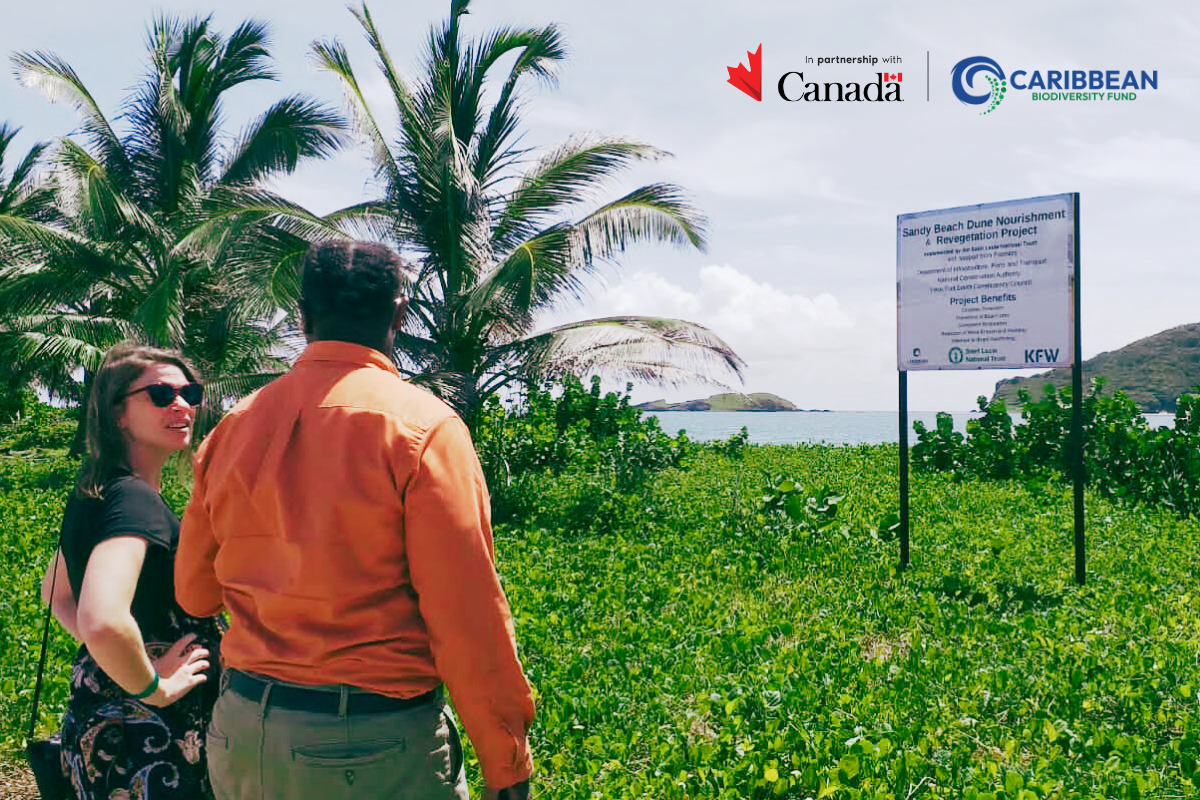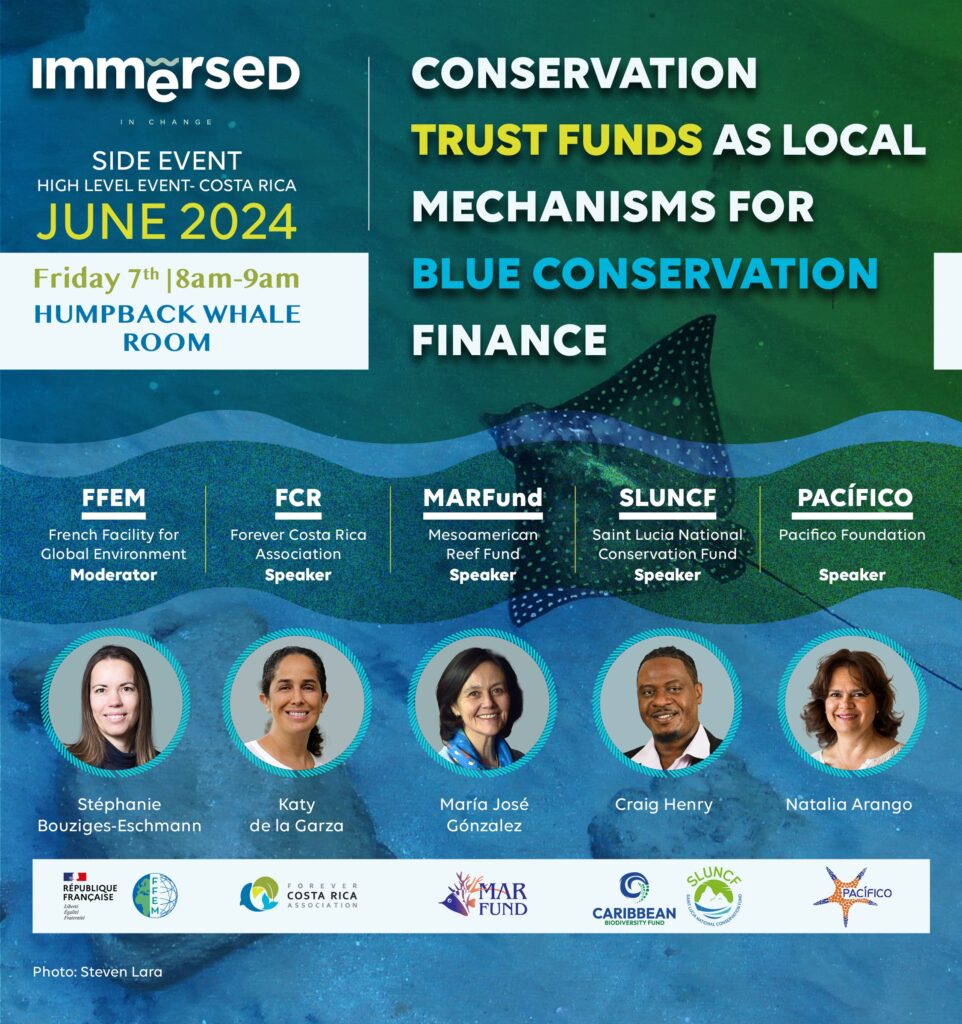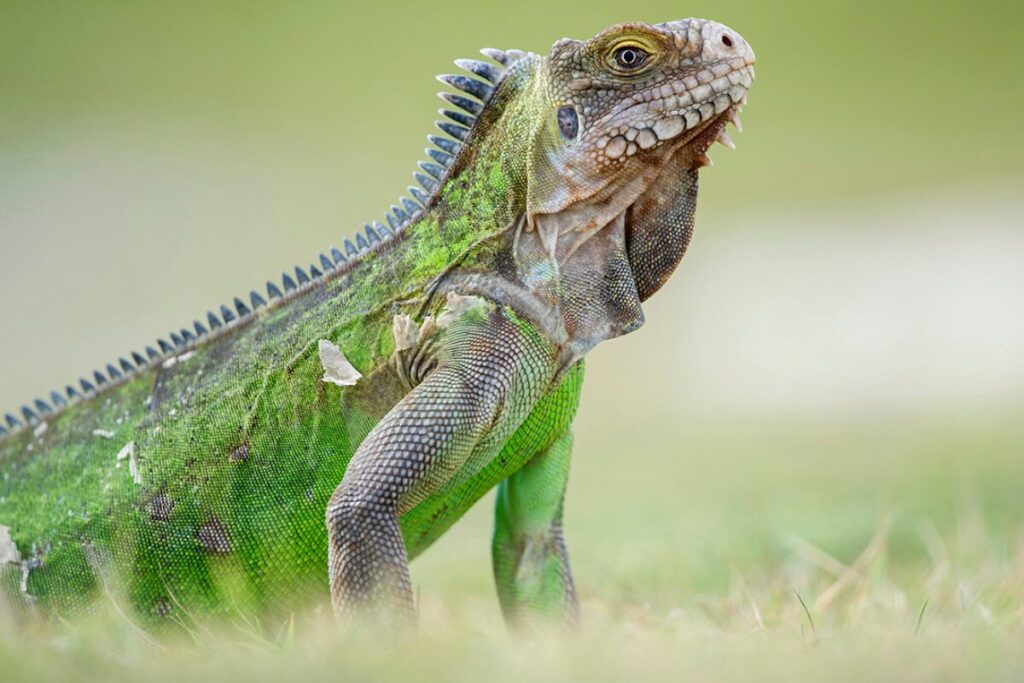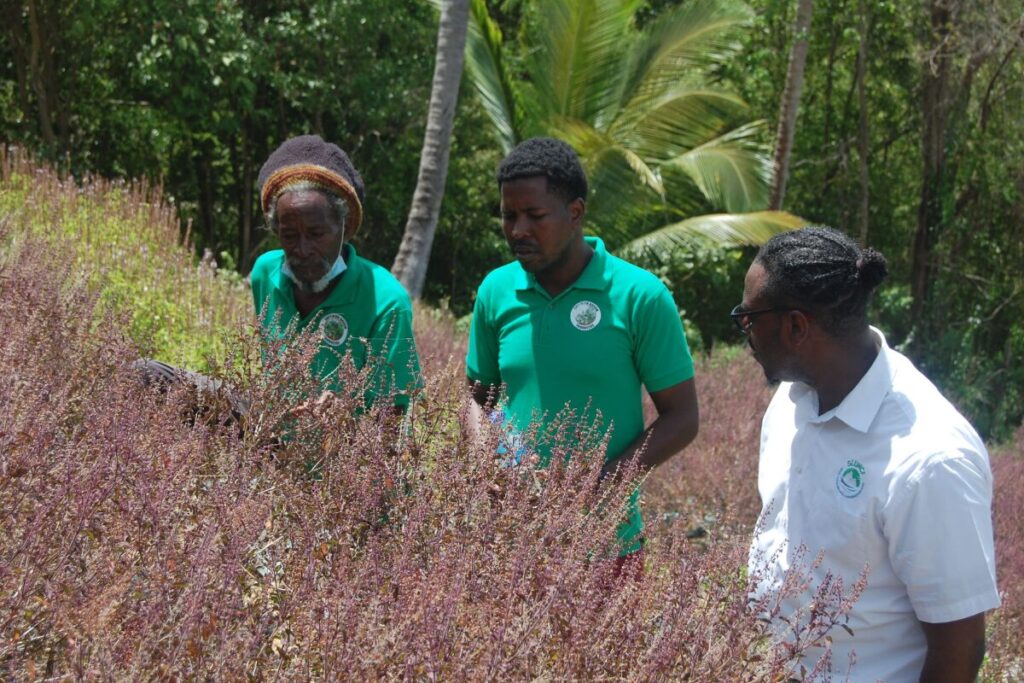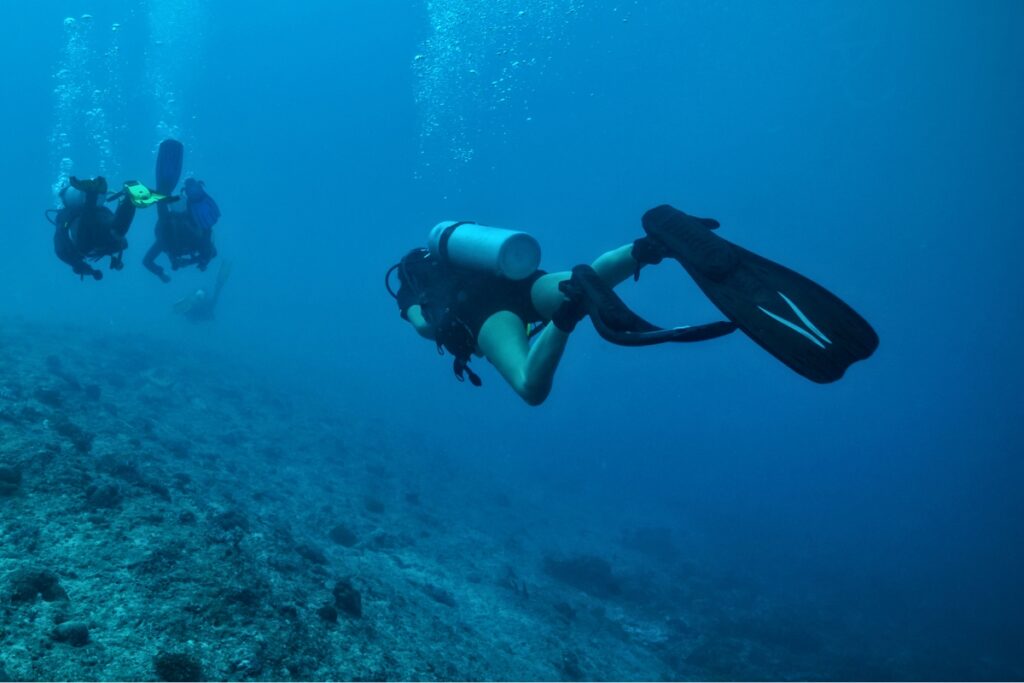The Caribbean Biodiversity Fund (CBF) is partnering with Canada to recognise International Development Week 2024, a celebration of Canada’s achievements in creating positive change around the world. The CBF was established in 2012 to create reliable, long-term funding for conservation and sustainable development in the Caribbean region. Today, the CBF is a regional umbrella environmental fund that uses a flexible structure to implement innovative solutions and consolidate resource mobilization in the Caribbean through a range of financial instruments.
With funding from Global Affairs Canada (GAC), the Caribbean Biodiversity Fund is implementing a project that advances Climate Action, and gender equality in eight Caribbean territories. The project, Caribbean Organizations for a Resilient Environment (CORE), is valued at CAD $13.4 million, with CAD $8 million from GAC and CAD $5.4 million in co-financing from the CBF.
The project is structured around three pivotal components to enhance sustainable development in the Caribbean:
- Firstly, it focuses on bolstering the capacity, knowledge, and skills of National Conservation Trust Funds (NCTFs) and local civil society organizations, enabling them to deploy inclusive and gender-responsive nature-based climate solutions effectively. This approach ensures that environmental initiatives are accessible and beneficial to all community members, particularly women.
- Secondly, the project facilitates grant-making through the Gender Smart Facility, which provides critical financial support for projects that integrate gender considerations into their design and implementation.
- Lastly, the project emphasizes regional networking and collaboration, proposing the establishment of a Caribbean Network of Environmental Funds. This network aims to foster cooperation and knowledge exchange among conservation entities, enhancing the collective impact of environmental efforts across the region.
The project beneficiary countries include: Belize, Dominica, Grenada, Guyana, Jamaica, Saint Lucia, St Vincent and the Grenadines, and Suriname. Through the activities of the CORE project, the CBF will assist the targeted countries to advance multiple Sustainable Development Goals including:
- Goal 5 – Gender Equality – Guided by the CBF Gender Policy, the project seeks to build capacity of regional conservation trust funds and civil society organizations to design and implement inclusive and gender responsive nature-based climate solutions. Demonstrating our commitment to gender equality, the CORE project will create the foundation for regional financial mechanisms (FMs) that increase gender equality in the provision of biodiversity and climate funds. By understanding gendered impacts of climate change and integrating gender considerations in monitoring and evaluation activities, we will ensure the project’s efforts can demonstrate progress and success in achieving gender equality in the Caribbean.
- Goal 13 – Climate Action – CORE is supported by Canada’s commitment to Climate Action and will finance the implementation of gender responsive Nature-based Climate Solutions (NbCS) in the target countries. Building on the success of the CBF Climate Change Program, the project will continue to promote ecosystem-based adaptation which has benefits for people and ecosystems. The National Conservation Trust Fund (NCTF) beneficiaries and local civil society organizations involved in the implementation of climate solutions will deliver observable progress in the context of local adaptation strategies at the national level.
- Goal 14 – Life Below Water – The CORE project continues the CBF’s dedication to safeguarding the Caribbean’s valuable marine life, emphasizing the restoration and sustainable management of coastal ecosystems with its associated socioeconomic benefits. Initiatives to restore and rehabilitate coral reefs and mangroves among other critical ecosystems will be infused with gender responsive strategies that empower local communities, focusing on gender equality, to take action to build resilience to climate change impacts.
- Goal 15 – Life on Land – The CORE Project will also seek to address terrestrial conservation through the implementation of nature-based climate solutions that improve ecosystem health, promote biodiversity, and support sustainable livelihoods. Implementation of inclusive and gender responsive projects financed by the Gender Smart Facility will aim to empower local communities, by creating opportunities to design and implement climate change adaptation solutions that are gender smart, improve decision making, and promote practices that combine environmental sustainability and socioeconomic benefits.
- Goal 17 – Partnership for the Goals – The CBF CORE project is an example of partnerships for the goals. A major strength of the project is the collaborative and participatory approach to partnerships with local National Conservation Trust Funds (NCTFs). The project builds upon the existing Caribbean Sustainable Finance Architecture (CBF and its now 11 partner NCTFs) which has the objective of ensuring long term sustainable financing for conservation activities in the Caribbean. Through a partnership with Cuso International in-Country technical assistance by Canadian experts on gender equality and climate change will be realized. Cuso International is an international cooperation and development organization with a focus on promoting gender equality, economic resilience, and climate action. Partnerships like these are key to showcasing our model of local action for global progress.
In partnership with Canada, the project will adopt the aims of the Feminist International Assistance Policy (FIAP), ensuring sustainable development is focused on improved outcomes for women and girls. This approach guarantees that climate change adaptation efforts contribute directly to the advancement of women’s rights and opportunities, fostering equitable progress across Caribbean communities.
The 2030 Agenda for Sustainable Development is a mandatory benchmark for all activities in the development sector. For the CBF, these guiding principles are used to ensure programs and projects on biodiversity conservation and climate change have national relevance and impact on Caribbean countries. Embracing the spirit of International Development Week 2024, we extend our deepest gratitude to Global Affairs Canada and all our partners for their unwavering support. For the IDW2024 our call is for our partners and stakeholders to champion sustainable development as we work on solutions to the region’s environmental challenges.

